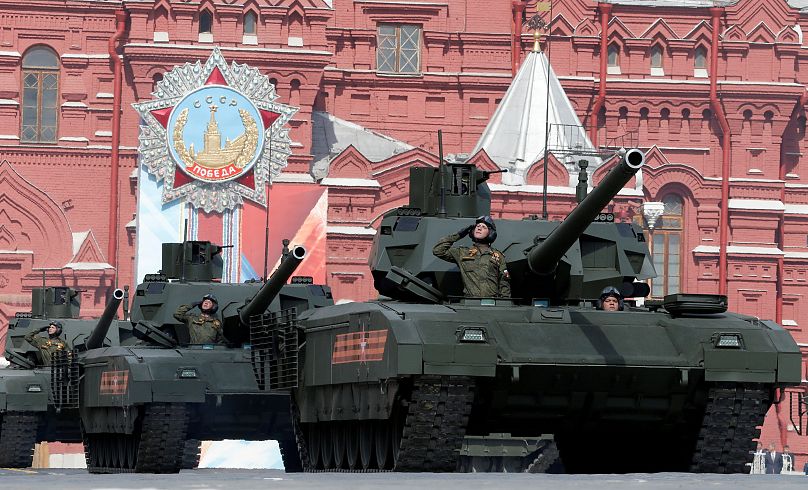An opinion poll has found that North Korea is no longer considered by American citizens as the greatest threat to the US.
US President Donald Trump may have walked away from his second summit with North Korea without getting exactly what he wanted but there is evidence that his dialogue with Kim Jong Un has reduced fears over the Asian nation at home.
 ADVERTISEMENT
ADVERTISEMENT
 ADVERTISEMENT
ADVERTISEMENT
A poll by social research company Gallup on perceived threats to the US found that North Korea is no longer "public enemy no.1" in the eyes of Americans.
In fact, following Trump's talks with Kim last year on denuclearisation of the Korean peninsula, mentions of North Korea plummeted from 51% to just 14%.
So who do Americans now see as their greatest enemy?
The majority of respondents said the considered Russia's military power a threat to the US.
Mentions of the nation presided over by Vladimir Putin have jumped from 19% in 2018 to 32% today, a post-Soviet low.
When asked if Russia's military power is a critical threat to the US, 52% of respondents said yes, and as for viewing Russia "unfavourably" the figure jumps to 73%.
These negative perceptions of Russia are all at a record high in Gallup's trends.
The poll, which ran from February 1 to February 10, coincided with the Trump administration's announcement that it was pulling out of the Intermediate-Range Nuclear Forces (INF) Treaty over concerns that Russia had broken the agreement.
Gallup also says that Russia's deteriorating image may also have reflected "growing U.S.-Russia tensions over the Syrian civil war, as well as controversy over aspects of the 2014 Winter Olympics which Russia hosted."
China is also more likely to be seen as a top adversary this year, with 21% citing it versus 11% in 2018, pushing China into the No. 2 position while North Korea has fallen to No. 3.
Iran, mentioned by 9%, continues to rank fourth, as it did in 2018.
Politicians v people
The poll also asked US politicians for their views, with the results showing some significant differences of opinion between the two main parties.
Although many in both camps view Russia's military as a critical threat, the figure is higher among Democrats (65%) than Republicans (46%).
The report says that until2016 there was no there was no difference between the parties in mentions of Russia as the top enemy. However, views have become more polarised over federal investigations into Russia's possible involvement with US President Donald Trump's 2016 presidential campaign.
Nearly half of Democrats (46%) versus 14% of Republicans now view Russia as the country's top enemy.
While Russia is the top choice of Democrats by a wide margin over North Korea (mentioned by 17% of Democrats), Republicans are more likely to name both China (22%) and Iran (19%) as the top enemy, while 12% name North Korea.
Today, Democrats are more critical than Republicans of Russia, but even most Republicans view Russia unfavourably and half consider its military a vital threat.











